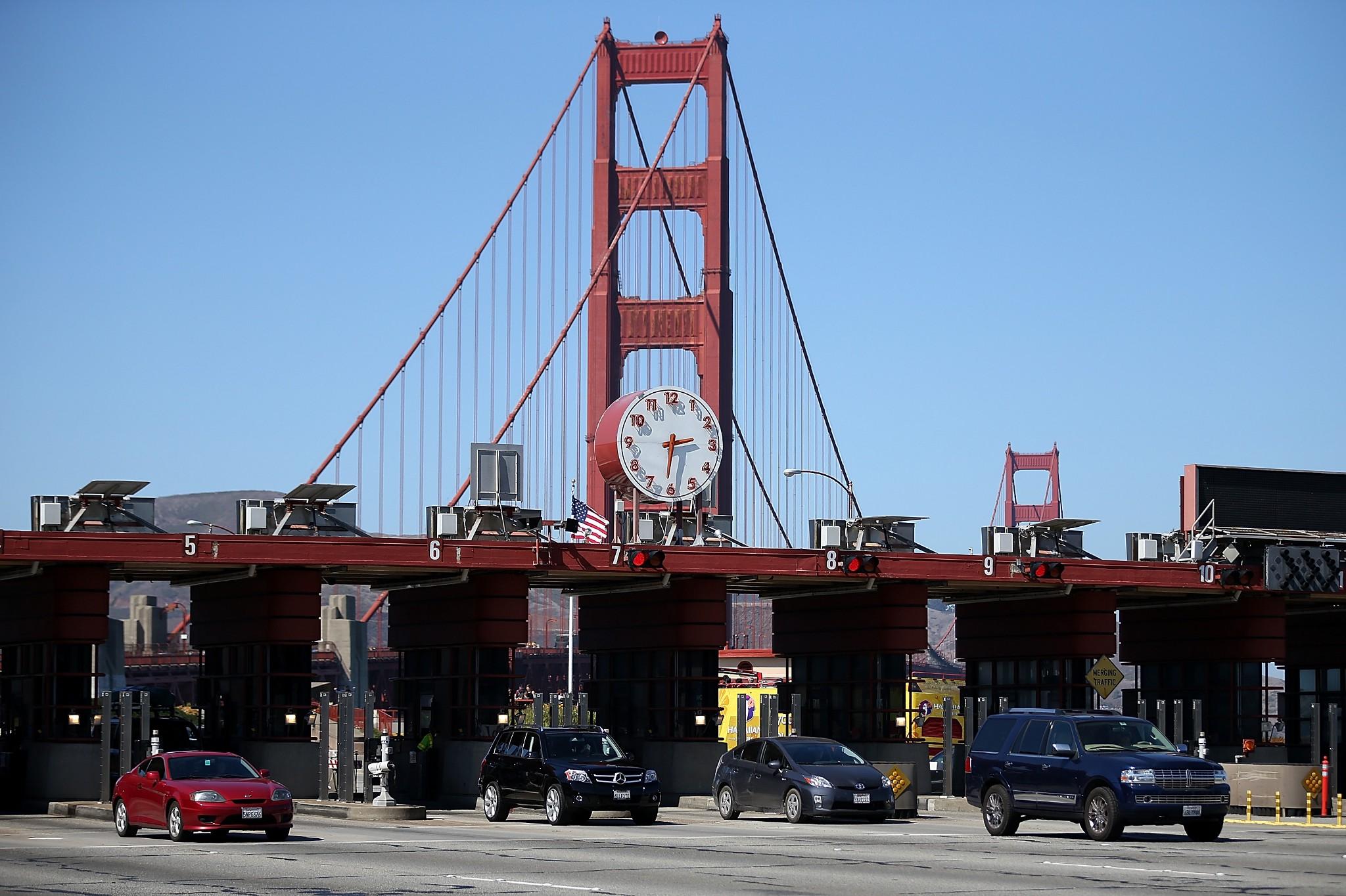More Than 50,000 Californians Can Get ‘Back on the Road’
Alameda County Superior Court reversed license suspensions for 54,000 people who were punished for their inability to pay fines.

54,000 Californians received some exciting and potentially life-changing news last week. The Alameda County Superior Court, which is in Oakland, reversed drivers’ license suspensions for thousands of people unable to drive because of unpaid traffic tickets and fines. The reversals are “the culmination of a years-long, sustained effort at the local and state levels,” Brandon Greene, staff attorney with the East Bay Community Law Center (EBCLC), told In Justice Today by email.
Alameda is one of the first counties in California to lift license suspensions following the June passage of legislation that outlawed future suspensions for inability to pay, and following a court mandate to the Department of Motor Vehicles to restore licenses suspended before the bill passed. The sustained effort Greene refers to was predominantly led by Back on the Road, a coalition of advocacy organizations including EBCLC.
“The impact it will have on our clients is tremendous,” Brendon Woods, chief public defender of Alameda County told In Justice Today. “We see this continuous cycle of clients that come to court for what is really a crime of poverty.”
As Woods notes, license suspension rates in California are closely tied to poverty and race. Maps created by Back on the Road overlaying Census data with suspension data from the DMV illustrate the concentration of suspensions in some of the Bay Area’s poorest neighborhoods, many of which also have higher percentages of Black and Latino residents who are more likely to come into contact with the criminal justice system than their white neighbors. In San Francisco, for example, Black people comprise 6 percent of the population, but 46 percent of arrests for driving with a suspended license.
While the law prohibiting future license suspensions for inability to pay is a major win for advocates and many Alameda residents, Greene notes that the DMV didn’t initially interpret the law’s language as retroactive, meaning counties are not technically required to do what Alameda has done.
Under the pressure of litigation, the state’s DMV ultimately agreed to apply the law to those licenses suspended prior to the law’s passage, but it hasn’t committed to a timeline because of the “significant logistical and capacity impediments” imposed by the volume of suspension records, according to a legal agreement provided by the EBCLC. The DMV does intend “to take action as quickly as it possibly can,” according to the document.
While Alameda residents are now able to start the process of getting back their licenses, people in many other counties are still waiting. Without a license, Woods notes, many of the public defenders’ clients are unable to keep or maintain jobs.
“This victory is a step in the right direction, but there is still much to do,” says Greene.
